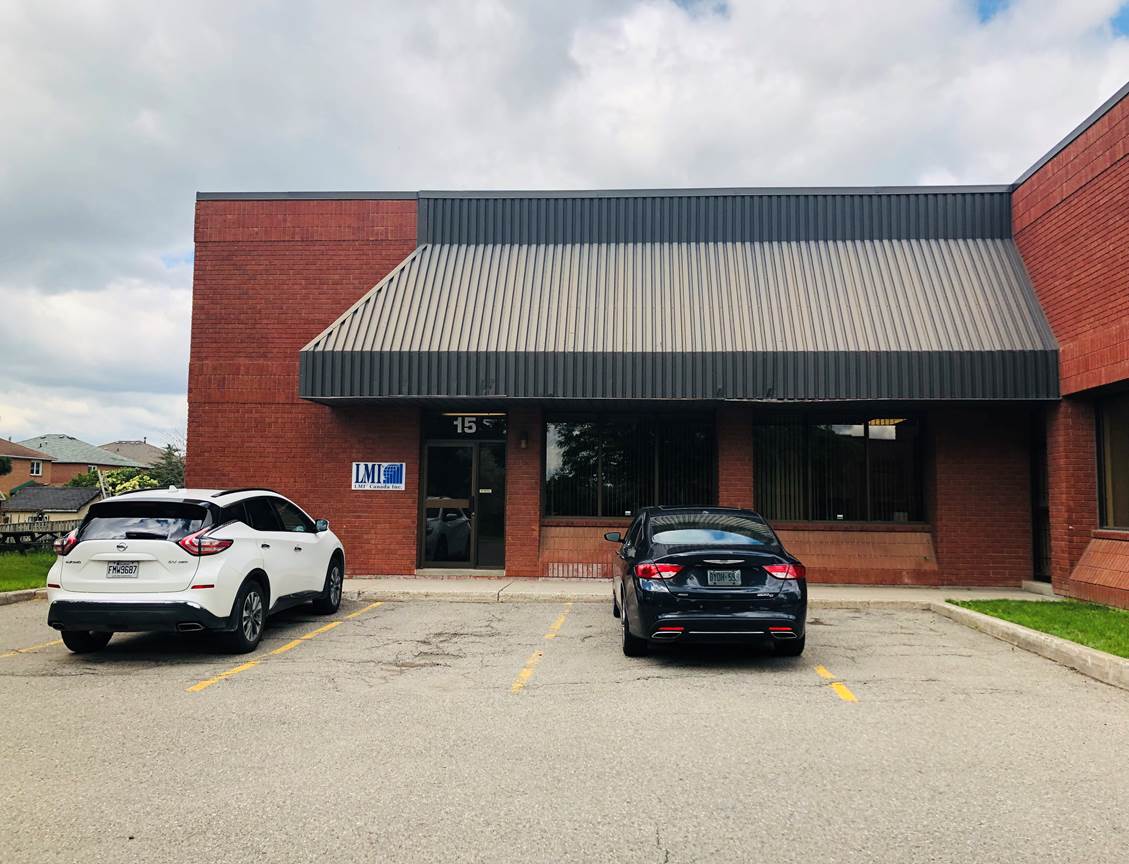
Leadership can be stressful. But effective leaders use stress as a constructive force rather than allowing it to become a destructive one. Stress occurs when conditions produce awareness that some action is required to satisfy a need, to solve a problem,
or to prevent some undesirable result. Without constructive stress, motivation would be at an extremely low level, and very little would ever be accomplished. Adopt the attitude that stress is a challenge to your creativity – a welcome opportunity to
perform well. Constructive stress inspires people to act, to achieve, and to utilize more of their full potential for success.
Stress becomes destructive when the pressure to act cannot be met, or when one believes it cannot be met. If the perceived need to act requires more time, more money, greater skill, or productivity than the individual can supply, the force of stress
becomes negative. The result is physical or psychological damage – or both. Stress activates primitive emotions and increases body functions to meet a threat. If strenuous physical activity follows, the body returns to normal as soon as the need has
been met and no further threat exists. But if the perceived threat is not eliminated by these activities, the body continues to prepare itself for meeting additional threat until a point of physical exhaustion is reached. All sorts of physical damage
and ailments occur as a consequence of a continuous state of stress.
Even more damaging than the physical toll of stress are the psychological effects. Continuing stress that cannot be satisfied by a reasonable level of activity shortens tempers and frays nerves. It destroys the thrill and excitement of achievement because
no accomplishment ever seems good enough. The resulting dissatisfaction with personal productivity causes a breakdown in relationships with people at work and at home. Undue stress hampers decision-making effectiveness, decreases personal productivity,
and blocks creativity.
Minimizing destructive stress requires planning ahead and setting priorities. A system for handling every part of the work cuts down on the number of decisions that must be made day by day, transforms many problems into automatic procedures, and makes
sure there is an appropriate team member to handle most situations that arise.



 Frank Kreze is the President of LMI Canada which is the Mississauga, Ontario operations head office for the parent company, Leadership Management International. Since joining in 1999 he has operated one of the top performing business units for Leadership and Management development in Canada. His accomplishments include many International awards such as Leadership Counsel and Motivator of the Year.
His clients have equally been recognized with some prestigious National and International LMI Awards in corporate achievement. These awards recognize outstanding business sales growth, profit gain, cost reduction and quality improvements. Further these awards also recognize goal achievements in the leaders personal lives.
Prior to LMI, Frank graduated in Aerospace and Industrial Engineering and was involved in numerous senior executive positions. Frank has over 30 years of practical experience in aerospace, operations, manufacturing, auditing international project management, including product integration of complex systems.
Today, Frank and the network of LMI Canada certified partners continue to serve people and business needs by developing people and organizations to their full potential.
To contact Frank Kreze please call 905-890-0504 or email
Frank Kreze is the President of LMI Canada which is the Mississauga, Ontario operations head office for the parent company, Leadership Management International. Since joining in 1999 he has operated one of the top performing business units for Leadership and Management development in Canada. His accomplishments include many International awards such as Leadership Counsel and Motivator of the Year.
His clients have equally been recognized with some prestigious National and International LMI Awards in corporate achievement. These awards recognize outstanding business sales growth, profit gain, cost reduction and quality improvements. Further these awards also recognize goal achievements in the leaders personal lives.
Prior to LMI, Frank graduated in Aerospace and Industrial Engineering and was involved in numerous senior executive positions. Frank has over 30 years of practical experience in aerospace, operations, manufacturing, auditing international project management, including product integration of complex systems.
Today, Frank and the network of LMI Canada certified partners continue to serve people and business needs by developing people and organizations to their full potential.
To contact Frank Kreze please call 905-890-0504 or email  Preeti Raj is driven by a deep desire to provide organizations and executive teams assistance in professional and organizational development along with strategic planning.
Preeti, a graduate B.A. from York University and a Certified General Accountant professional, thrives on working with executives and business leaders of successful companies. She enjoys helping companies executives identify their performance objectives and assist them in developing a dynamic plan for attainment using the LMI suite of Executive and Management tools.
Preeti began her career as a public accountant and has gained numerous business skills working with a diverse business sector. These skills successfully enhance her current role as a business and personal development coach with LMI Canada.
Preeti is a self-confident and an enthusiastic businesswoman who is dedicated to facilitating people to their full potential and specializes in results driven measurable bottom-line improvement utilizing the untapped potential of people within companies.
Her passion and interests include her family, sailing, reading and cooking.
To contact Preeti Raj please contact 416-888-4846 or email
Preeti Raj is driven by a deep desire to provide organizations and executive teams assistance in professional and organizational development along with strategic planning.
Preeti, a graduate B.A. from York University and a Certified General Accountant professional, thrives on working with executives and business leaders of successful companies. She enjoys helping companies executives identify their performance objectives and assist them in developing a dynamic plan for attainment using the LMI suite of Executive and Management tools.
Preeti began her career as a public accountant and has gained numerous business skills working with a diverse business sector. These skills successfully enhance her current role as a business and personal development coach with LMI Canada.
Preeti is a self-confident and an enthusiastic businesswoman who is dedicated to facilitating people to their full potential and specializes in results driven measurable bottom-line improvement utilizing the untapped potential of people within companies.
Her passion and interests include her family, sailing, reading and cooking.
To contact Preeti Raj please contact 416-888-4846 or email 

.jpg) Profile Evaluation System (PES)® - Report Request
Profile Evaluation System (PES)® - Report Request Development Needs Inventory (DNI TM)
Development Needs Inventory (DNI TM)